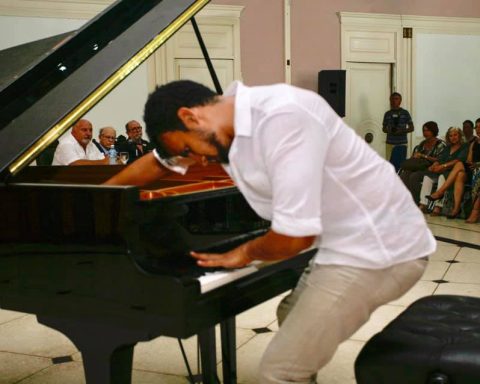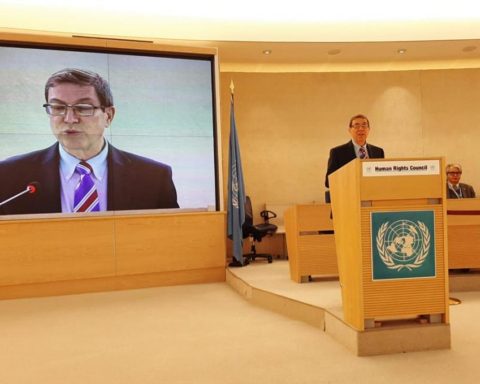Last Thursday and in order to dismiss the precautionary measure, an amparo appeal was filed with the Court of Appeals of Concepción in favor of Ricardo Seguel San Martín and Luis Videla Cid, both marines formalized for the murder of the Mapuche community member Yordan Llempi.
According to information from Radio Biobiothe defense of both sailors, headed by lawyers Sergio Contreras and Catalina Honorato, points against the resolution issued by the Sixth Chamber of the Concepción Court that revoked the resolution of the Cañete Guarantee Court and decreed the precautionary measure of total house arrest against the subjects.
You may also be interested in:
It should be remembered that after being formalized for the crime of simple homicide last Monday, June 6, the court decided not to order preventive detention requested by the plaintiffs and the Public Ministry.
In this sense, two days later, the Penquista Court revoked the decision of the Cañete Guarantee Court, ordering the total house arrest of both sailors. The resolution, in the opinion of the defense, “does not have the foundation required by law, the Constitution and International Treaties, to justify its decision to deprive my clients of total liberty.”
The text details that the “resolution that is the object of this constitutional action does not set forth factual or legal precedents that justify the decision to decree the precautionary measure of total house arrest.”
This is because “there is a lack of justification regarding the concurrence of each of the requirements established by law to decree the most burdensome precautionary measure after preventive detention, that is, total house arrest.”
In addition to this, the defense of the sailors questions that “the elements to which the Illustrious Court refers, were those that the Tribunal a quo had in view, not itself. In this way, then, the reference is not even understood summary of the Illustrious Court to the antecedents that it indicates to have considered, since these same antecedents are those that the Court a quo indicates to establish that the existence of the crime cannot be considered proven”.
In this way, the jurists indicate that the Court of Concepción “does not provide any basis or reasoning to reach a conclusion contrary to what was resolved by the Court a quo regarding the concurrence of antecedents that justify the existence of a crime.”
Along with the lack of substantiation, the lack of “background to presume participation in the crime” is exposed in the same way.
“The resolution leaves my clients totally defenseless, because without knowing what the background information that was brought to light would be in order to consider that they allow participation to be presumed, it is unable to present new background information on those, since it is not known what would be new”, states the document.


















